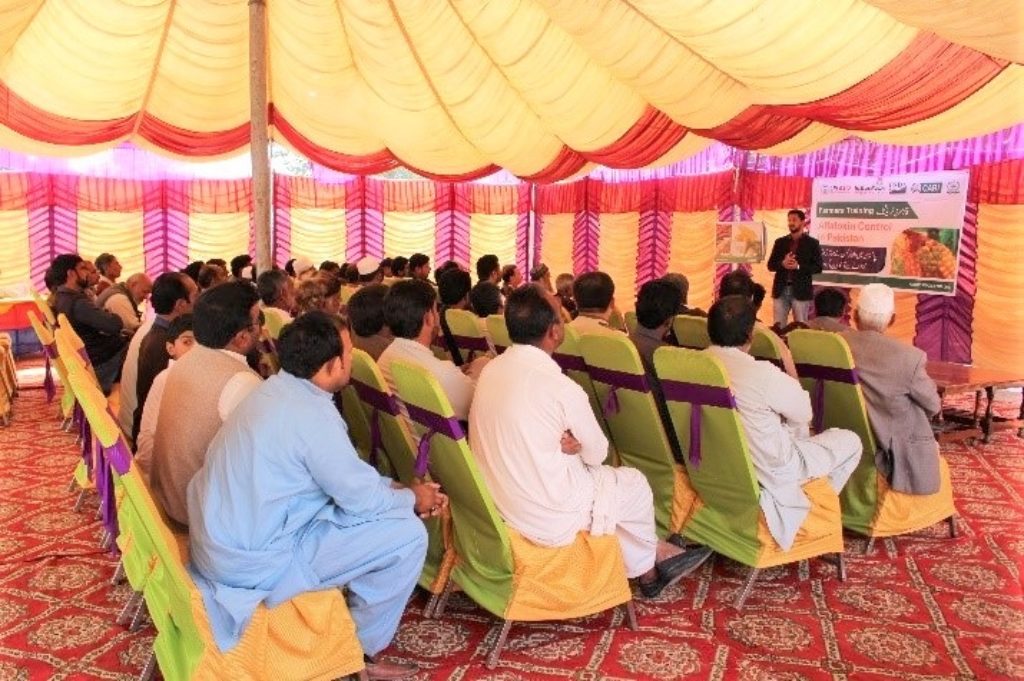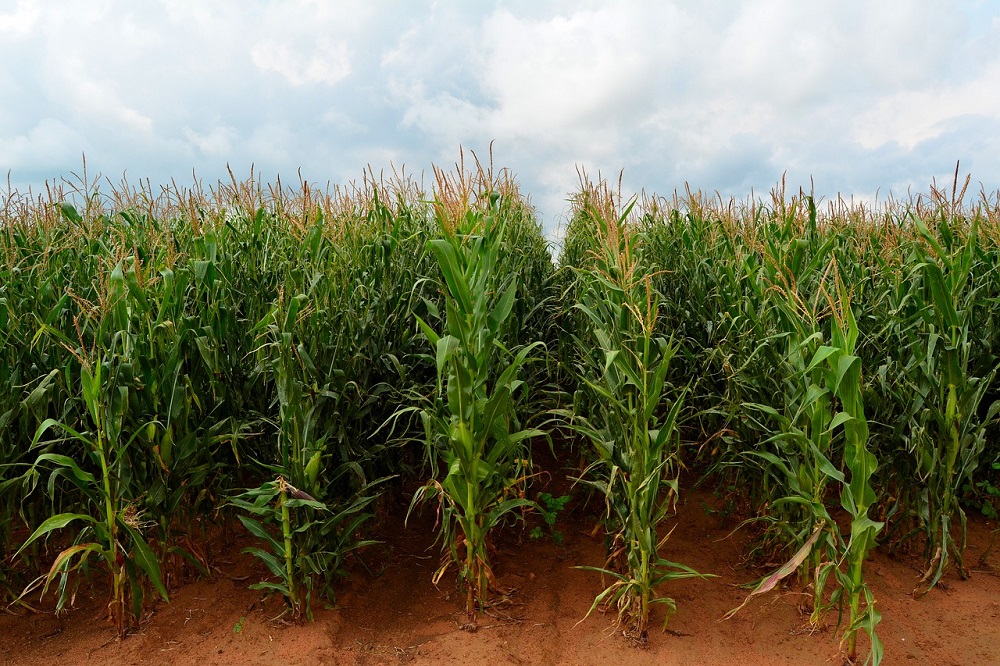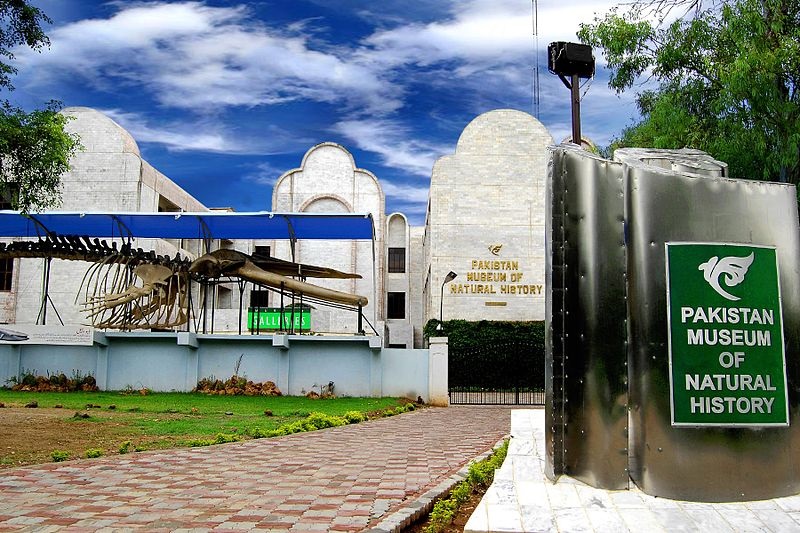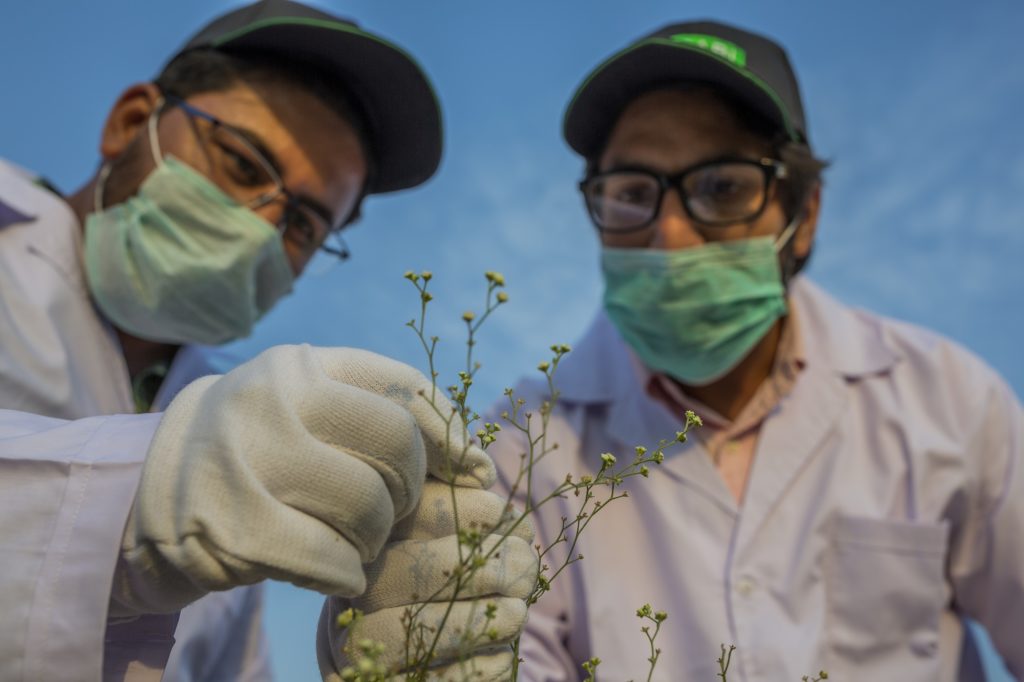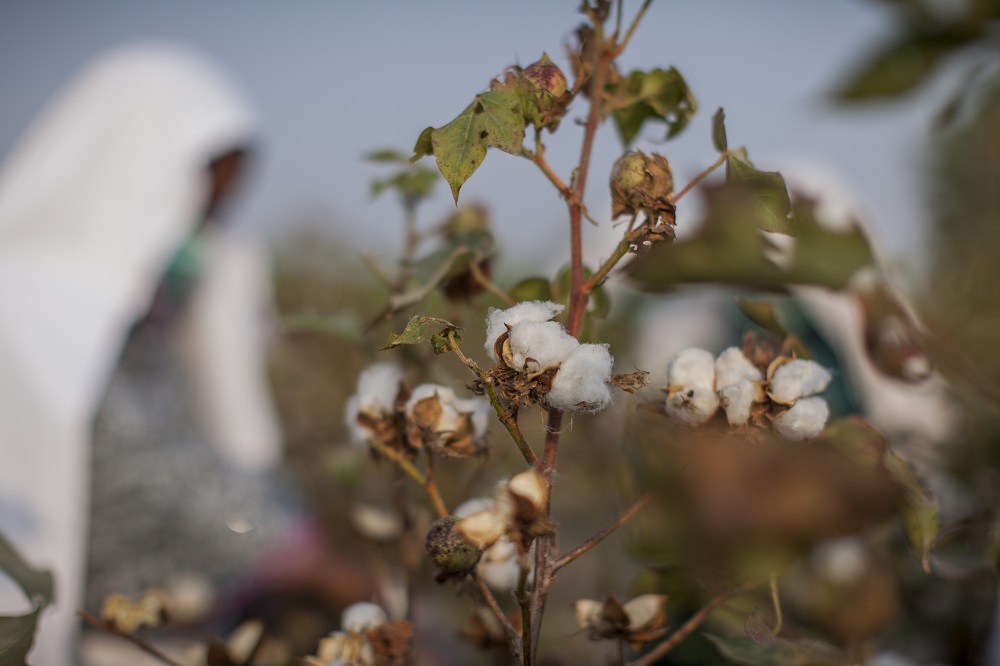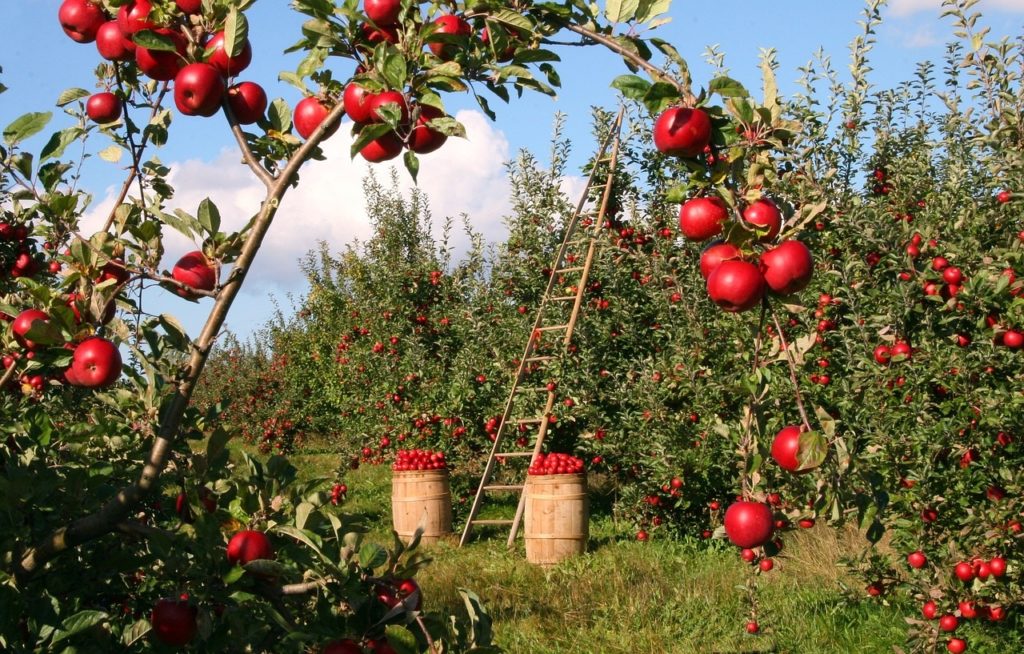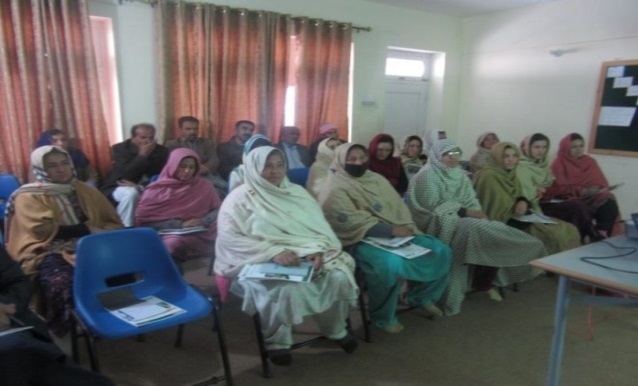Sensitizing maize growers of Punjab on aflatoxin biocontrol to produce quality crops for their communities
Dr Sabyan Faris Honey, CABI, and Deborah Hamilton, USDA Farmers in the Punjab province of Pakistan produce 85% of maize not only for the purpose of helping to ensure local and regional food security but also for export to high end markets. Due to the presence of aflatoxin levels above permissible limits (20ppb) in maize…
CABI builds capacity to tackle aflatoxin contamination of cereal crops in Pakistan
In this latest blog from CABI’s Dr Sabyan Faris Honey and Deborah Hamilton of the United States Department of Agriculture (USDA), we look at how the ‘Aflatoxin Control in Pakistan’ project is increasing efforts to build the capacity of technical staff in Punjab province to manage the harmful toxins which affect cereal crops, including maize,…
CABI helps Pakistan Museum of Natural History showcase scourge of noxious parthenium weed
CABI in Pakistan is helping the Pakistan Museum of Natural History (PMNH) showcase the scourge of the noxious parthenium weed, otherwise known locally at ‘Gajar Booti’, to members of the public visiting its Bio Gallery exhibit. Parthenium is regarded as one of the major threats to native species, environment and ecosystems in more than 48…
In the frame: fighting the scourge of parthenium weed in Pakistan
CABI has recently shared its expertise in a new parthenium evidence note which highlights a list of recommendations to fight the highly-invasive weed can cause severe allergic reactions in humans and livestock, may harbour malaria-carrying mosquitoes, displace native plant species and reduce pasture carrying capacities by as much as 80% to 90%. In this picture…
‘Sowing the seeds’ for better cotton crops: a farmer case study
Cotton is Pakistan’s largest industrial sector and is a principle cash crop to millions of smallholder farmers who rely upon it to earn their livelihoods. However, per acre yield and the profitability of the crop is dependent upon the quality of the sown seed as part of the principles of Good Agricultural Practices (GAPs) and…
Trichogramma evanescens, a biocontrol agent to control apple codling moth in apple orchards – first record from Pakistan
Apple codling moth and apple spider mites are one of most serious pests of different fruits, especially its deleterious effects on apple trees, which poses economic threat to apple production in the region. Codling moth was recorded as the most serious insect pest of the apple industry in Balochistan when the project conducted a baseline survey in…
Empowering more women in the fight against fruit flies in Pakistan
More women in the Gilgit Baltistan (GB) region of Pakistan are benefiting from a Phytosanitary Risk Management Programme (PRMP) aimed at using a range of biological controls to fight the fruit fly pest which can impact heavily on rice and horticultural crops. PRMP, which is funded by USAID via United States Department of Agriculture (USDA), was initiated in…
Safer food through Aflatoxin control in Pakistan
Aflatoxins are a group of toxins produced by certain fungi found in crops such as maize, peanuts, cottonseed and tree nuts. The fungi responsible, Aspergillus flavus, can contaminate crops before and after harvest as well as contaminate animal products if infected feeds are given to livestock. Consumption of these toxins in high concentrations can contribute…



